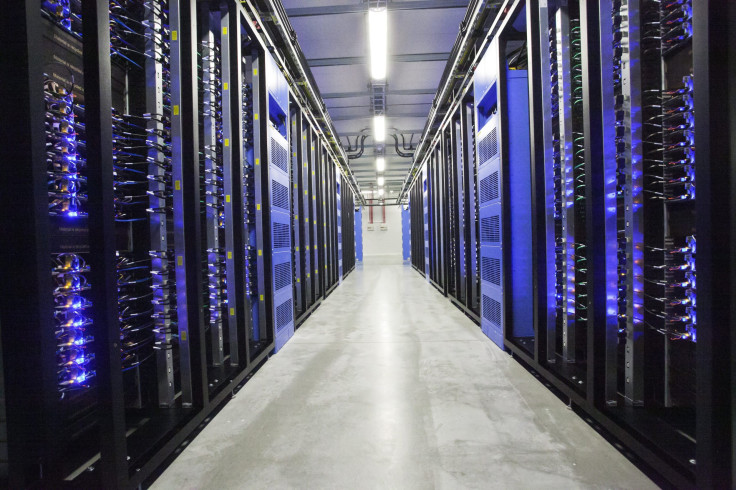Facebook Psychological Experiment Fallout: Role of Data Science Team Questioned

The role of a group of data scientists at Facebook Inc. (NASDAQ: FB) that is in charge of the sensitive, and potentially lucrative, personal information of a billion-plus users around the world is now being questioned, following the largely negative feedback to its “emotional contagion” experiment, The Wall Street Journal reported Wednesday.
Facebook, the world’s largest social-networking site processes nearly 500 terabytes of data daily, and reserves the right to use the information for product improvement and research. However, the company is now being accused of granting unfettered autonomy to a group of three dozen researchers on its Data Science team on how they use their unique insight into the personal habits, preferences and online behavior of the site's over 1.3 billion users.
"There's no review process, per se," Andrew Ledvina, who was a data scientist at Facebook between February 2012 and July 2013, told the Journal. "Anyone on that team could run a test," he said, adding: "They're always trying to alter peoples' behavior."
Kate Crawford, who teaches at the Massachusetts Institute of Technology's Center for Civic Media and is a principal researcher at Microsoft Research, told the Journal that the latest controversy over the Facebook experiment is "a glimpse into a wide-ranging practice" and observed that companies typically view their customers as a "willing experimental test bed."
Although the recent publication of the research paper in the Proceedings of the National Academy of Sciences has attracted considerable outrage from Facebook users, who felt that the experiment was an intrusion of their privacy, this is not the first time the company has conducted such experiments.
A similar experiment, on how the tone of a user’s post affects the tone of his or her friends’ posts, was conducted by Facebook in 2012. And, since its inception in 2007, the company's data science team has been involved in a number of experiments and tests, including one on how Facebook posts affected voter turnout in the 2010 congressional elections in the U.S.
"Facebook deserves a lot of credit for pushing as much research into the public domain as they do," Clifford Lampe, an associate professor at the University of Michigan who has worked with Facebook researchers in the past, told the Journal, adding that it would be "a real loss for science" if Facebook stopped publishing research papers.
Facebook Chief Operating Officer Sheryl Sandberg, on a visit to India, stated Wednesday that the company was in the process of reviewing the research process, and that it would make improvements if needed. Stopping short of an apology, she said that while the experiment was part of “ongoing research,” it was “poorly communicated.”
Adam Kramer, a data scientist at Facebook and the one of the three scientists involved in the emotional contagion study, has apologized for “the way the paper described the research and the anxiety is caused.” He, however, stated that the study was done to assess the “emotional impact” of Facebook and that the company is working on improving its internal review process.
It has been reported that since the study on emotions, Facebook has tightened its research guidelines to include a panel of 50 internal experts in the fields of data security and privacy.
© Copyright IBTimes 2025. All rights reserved.






















